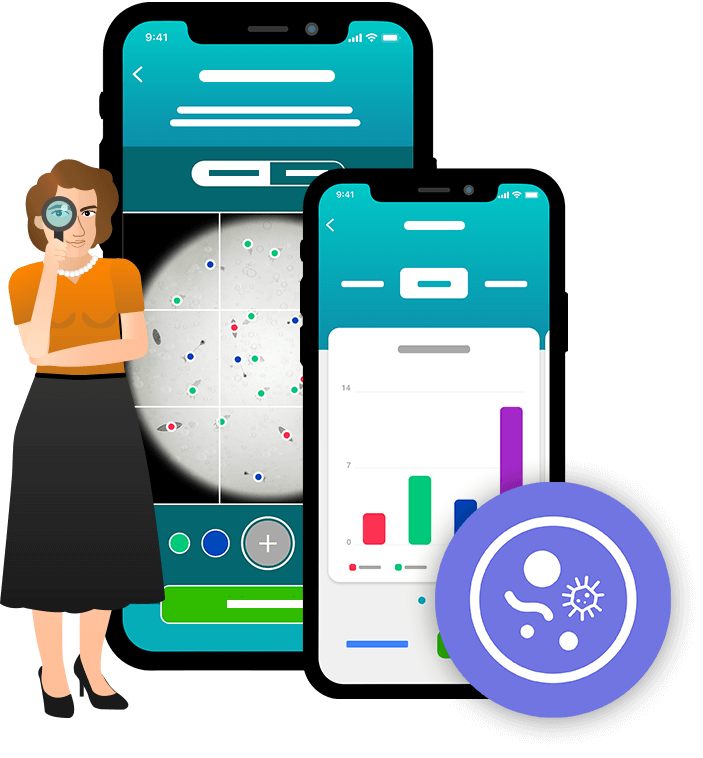Lab4U presents the new app for experimentation in Biology.
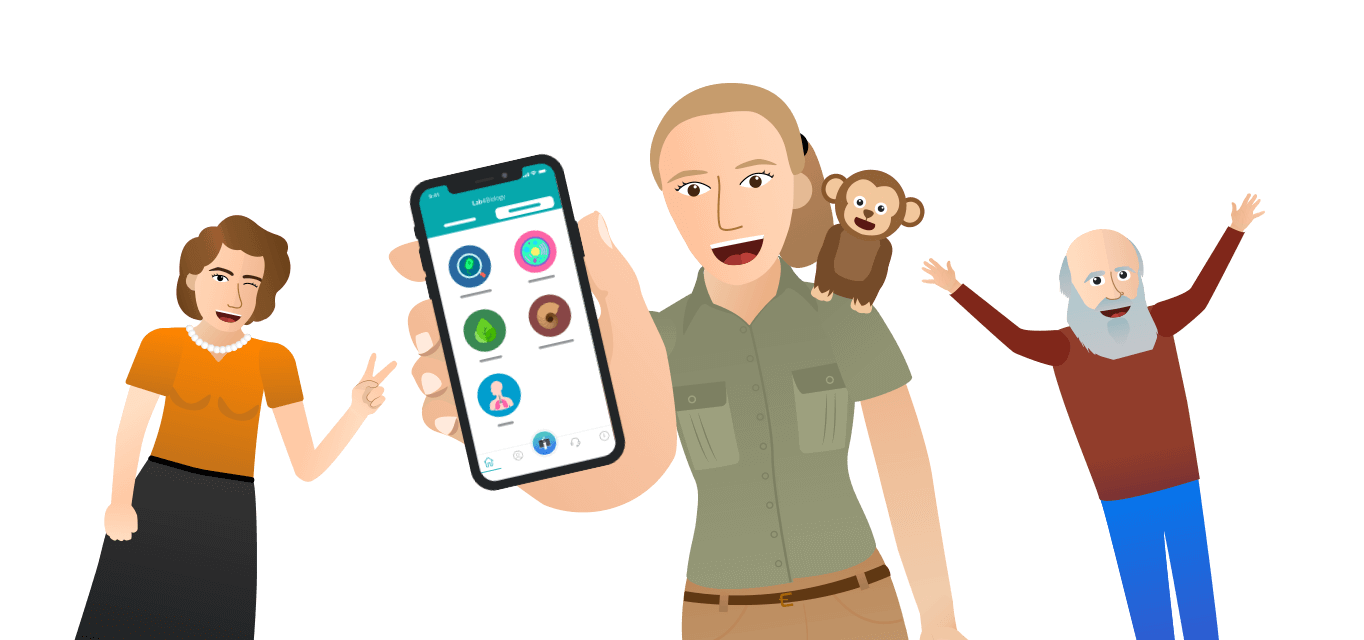
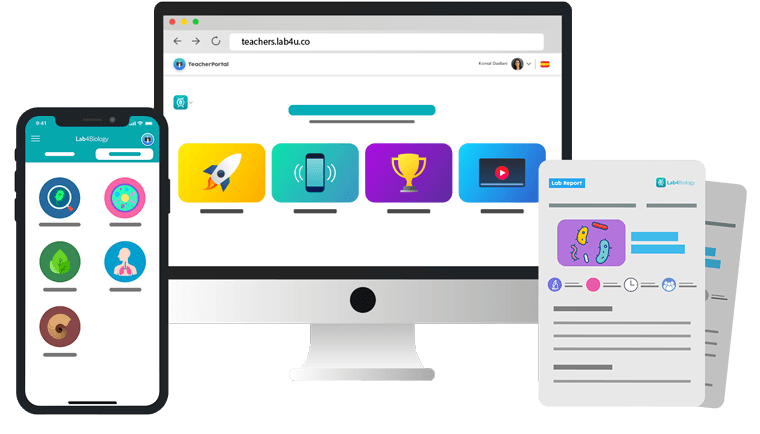
Lab4Biology introduces tools that ease the student’s research process. Students will be able to learn Experimental Biology with more than 30 pre-designed experiments aimed at developing 21st-century scientific skills through inquiry- and project-based learning.
Thanks to our pre-built tools making the most of your phone’s features, you can explore biology’s most important topics, like cell biology, physiology, microbiology, ecology, evolution and more.
Find it in the Biology lab of on Lab4U App
Tools
Lab4Biology comes with two innovative tools
Experiments
Explore Biology’s Most Relevant Topics
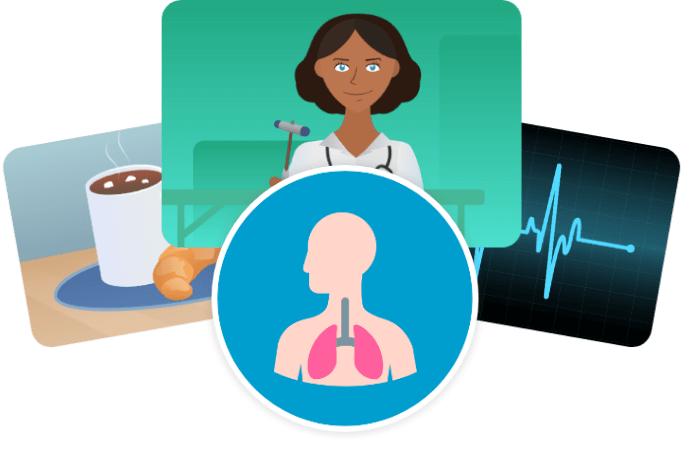
Health
Explore the Living Being Model, which focuses on the care and characteristics of physiology and human health. Investigate different systems, such as the nervous system, locomotor, cardiac, endocrine systems, among others.
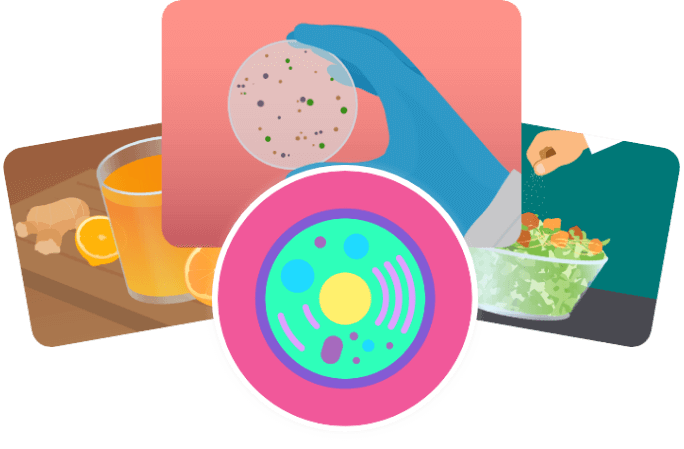
The cell
Check out the Cell Model, which focuses on reproductive and structural processes critical to different types of cells.
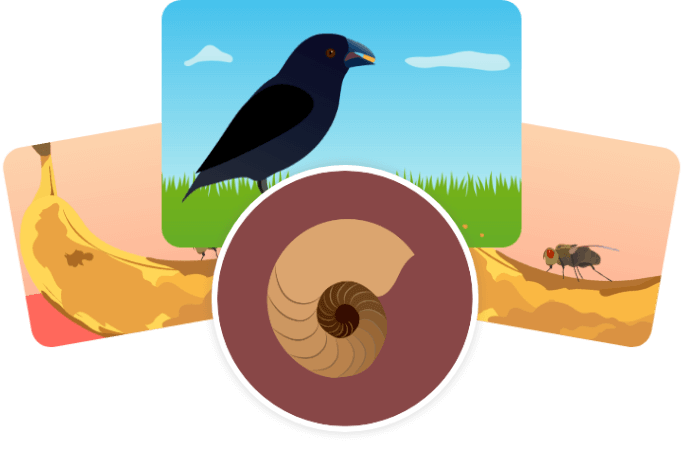
Evolution
Learn more about the micro and macro evolutionary processes that allow speciation through natural selection. We’ve also integrated theories related to the origins of life and diversity and organism classification.
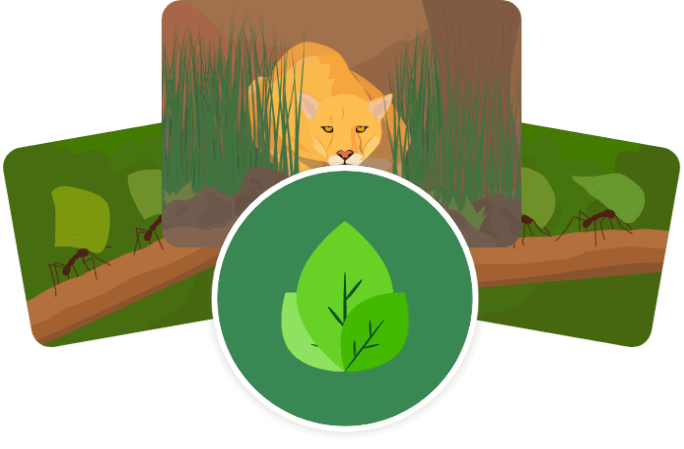
Environment
Our Ecosystem Model covers to the process of environmental care and climate change, which we hope will motivate students to better understand take care of our planet.
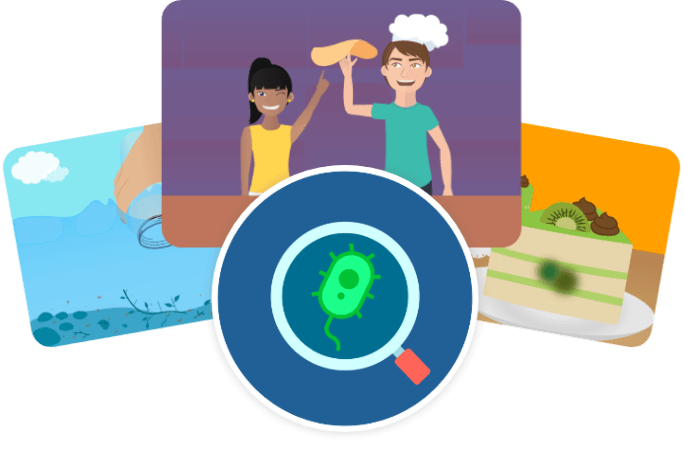
Microorganisms
Here we combine the cell and health topics to learn about how to prevent diseases caused by pathogenic microorganisms present in the environment, like water. Also looks at characteristics of different types of microorganisms, such as bacteria, viruses and fungi, as well as the immunity of the organism.
How do we design our learning experiences?
Experiments at Lab4U are created according to these principles and strategies
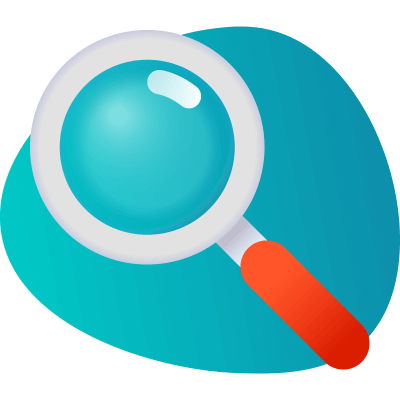
Inquiry-based Learning
Inquiry-based learning is one of the scholastic activities that best represents scientific work. It corresponds to a constructivist methodology and is based on the design of learning cycles where a student must answer a question through an investigation (experimental, non-experimental, documentary). The approach aims to both shed light on the original research question and encourages students to use their acquired knowledge in new contexts.
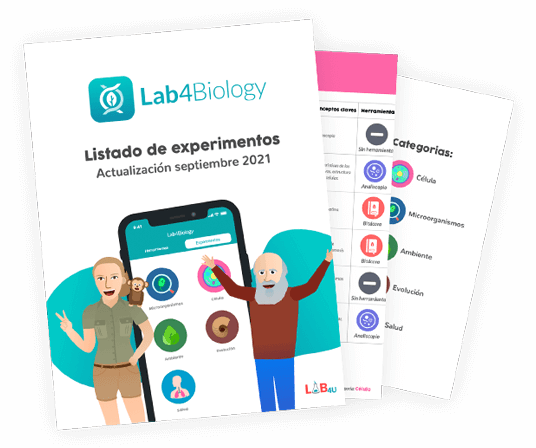
Experimenting
We anchor our process in the resolution of researchable scientific questions and hypotheses verification. We measure the real world by controlling and manipulating variables. An experimental approach is important for nurturing the research processes and encourage the development of scientific skills and competences.

Project-based Learning (PBL)
This learning approach is based on the design of innovative projects that aim to find solutions to different issues related to school science. These problems are usually of a socio-scientific nature and projects can be developed in an interdisciplinary way.

STEM
The STEM approach links school education to the development of skills and knowledge in a proposal that promotes scientific vocations and corrects gender gaps in a global economic framework. The acronym references interdisciplinary work between science, technology, engineering and math. In this way, STEM encourages the use of socio-scientific issues, PBL and inquiry-based learning.




